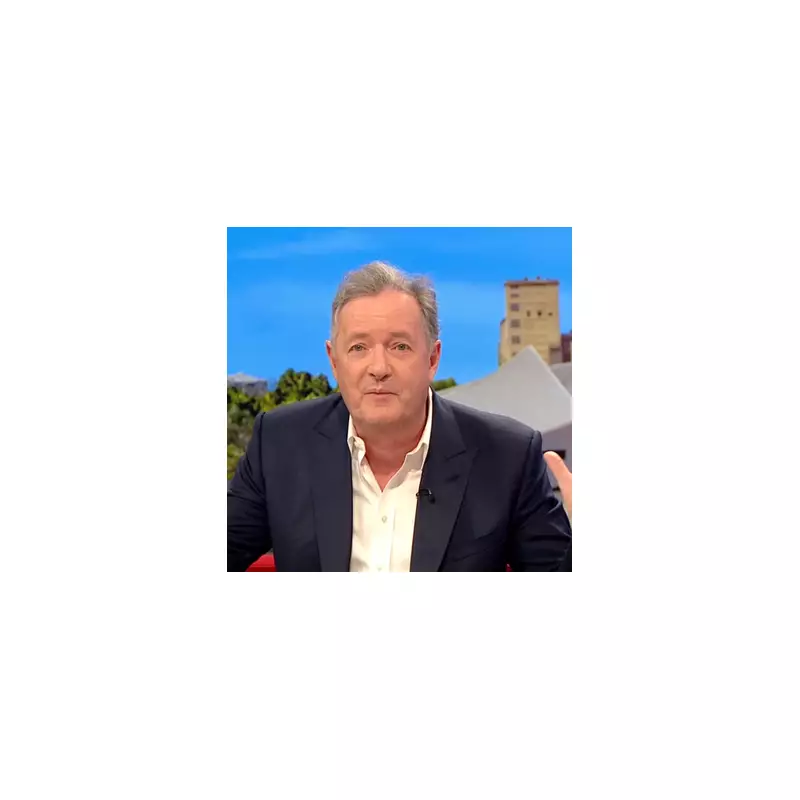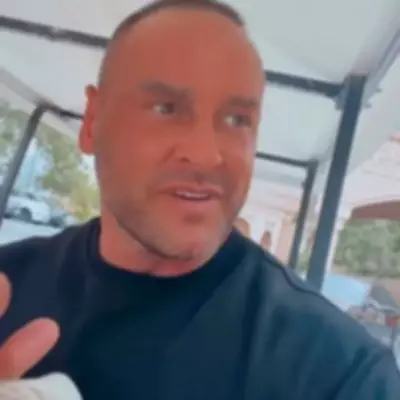
In a dramatic intervention that's set social media ablaze, Piers Morgan has issued an impassioned plea to Prince Harry, urging the Duke of Sussex to end his bitter feud with the Royal Family before permanent damage is done.
The controversial broadcaster, never one to shy away from royal commentary, made his emotional appeal during a candid discussion about the ongoing tensions within the House of Windsor. His words carry particular weight given his complex history with both Harry and Meghan Markle.
The Heartfelt Message
Morgan's plea comes at a critical juncture for the monarchy, with King Charles continuing his cancer treatment and Prince William shouldering increased responsibilities. The timing, Morgan suggests, makes reconciliation more urgent than ever.
'There's a window of opportunity here,' Morgan emphasised, 'but it's closing fast. Harry needs to ask himself what matters more - continuing this public war or being there for his family when they need him most.'
Mounting Royal Pressures
The royal landscape has shifted dramatically in recent months, creating what many commentators see as a potential turning point in the Sussexes' relationship with the institution Harry was born into.
- King Charles's health battle has added emotional complexity to family dynamics
- The Princess of Wales's own cancer treatment has heightened public sympathy for the working royals
- Prince William faces unprecedented pressure as heir to the throne
A Complicated History
Morgan's relationship with the Sussexes has been notoriously turbulent since he left Good Morning Britain following comments about Meghan Markle. However, his latest intervention strikes a notably different tone - one of concern rather than confrontation.
'However people feel about my past disagreements with Harry and Meghan,' Morgan stated, 'this isn't about scoring points. It's about seeing a family torn apart and hoping they can find their way back to each other.'
Public Reaction Divided
Social media responses to Morgan's plea have been typically polarised, reflecting the deep divisions in public opinion about the Sussexes and their place within the royal framework.
Some applaud Morgan for speaking what they see as hard truths, while others question his motives and timing. Yet beneath the partisan bickering lies a genuine curiosity about whether Harry might indeed be reconsidering his position.
The question now hanging over Buckingham Palace corridors and British breakfast tables alike is simple: will the Duke of Sussex heed this very public call for reconciliation, or will the royal rift continue to define his relationship with the country of his birth?





